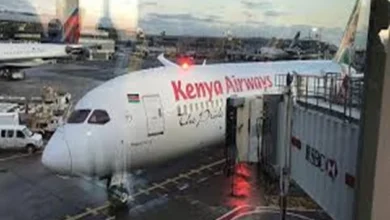Fewer money transfers from migrants to developing countries

The financial transfers of migrants to developing countries are under severe pressure from the corona crisis. According to the World Bank, the amounts migrants send to their families will drop by 19.7 percent or $ 109 billion. According to the 11.11.11 reports, today on International Remittances Day.
The organization also asks Minister Alexander De Croo, Minister of Development Cooperation and Finance (Open Vld), to reduce the transfer costs.
Money transfers from migrants to their families are an essential part of ‘developing countries’ income. Worldwide, these funds are 3.6 times higher than the official development cooperation, it is said. That source of income is now threatening to collapse because the labor migrants are hit hard by the corona crisis.
Increasing unemployment
Unemployment is increasing in the central regions from which remittances are sent, namely Europe, the United States, and the Gulf States. In addition, labor migrants often work in severely affected sectors, such as the catering industry, household help, and tourism.
The consequences of this are dire for developing countries that themselves groan under the economic consequences of the crisis.
In Yemen, one in ten people depends on this income. Transfers declined by 80 percent between January and April. In Sub-Saharan Africa, it is about 23 percent, and in Latin America, it is about 19.3 percent.
“Remittances have become an important part of the fight against poverty and for achieving the development goals,” says Els Hertogen, director of 11.11.11.
This unseen decline comes after a period of continuous growth. In the past ten years, remittances have increased by 50 percent, reaching a record $554 billion last year.
Lower transfer costs
11.11.11, therefore, calls on Minister of Development Cooperation and Finance De Croo to bring the transfer costs as close to 0 as possible during the corona crisis.
In the long term, within the framework of the Sustainable Development Goals, it has been agreed to reduce these costs to 3 percent. Currently, transfers to Sub-Saharan Africa average an average of 10 percent by transfer companies such as Western Union.




